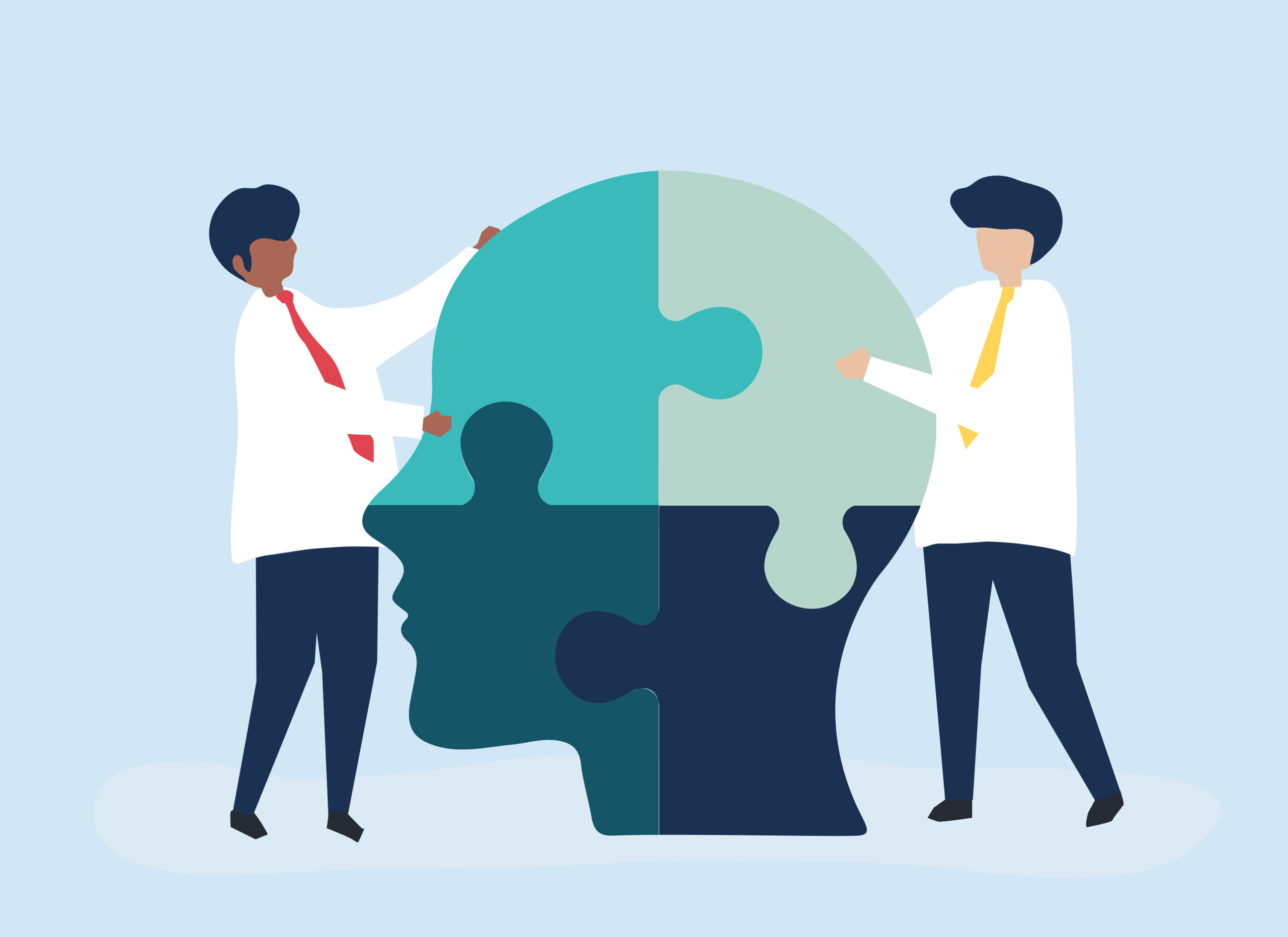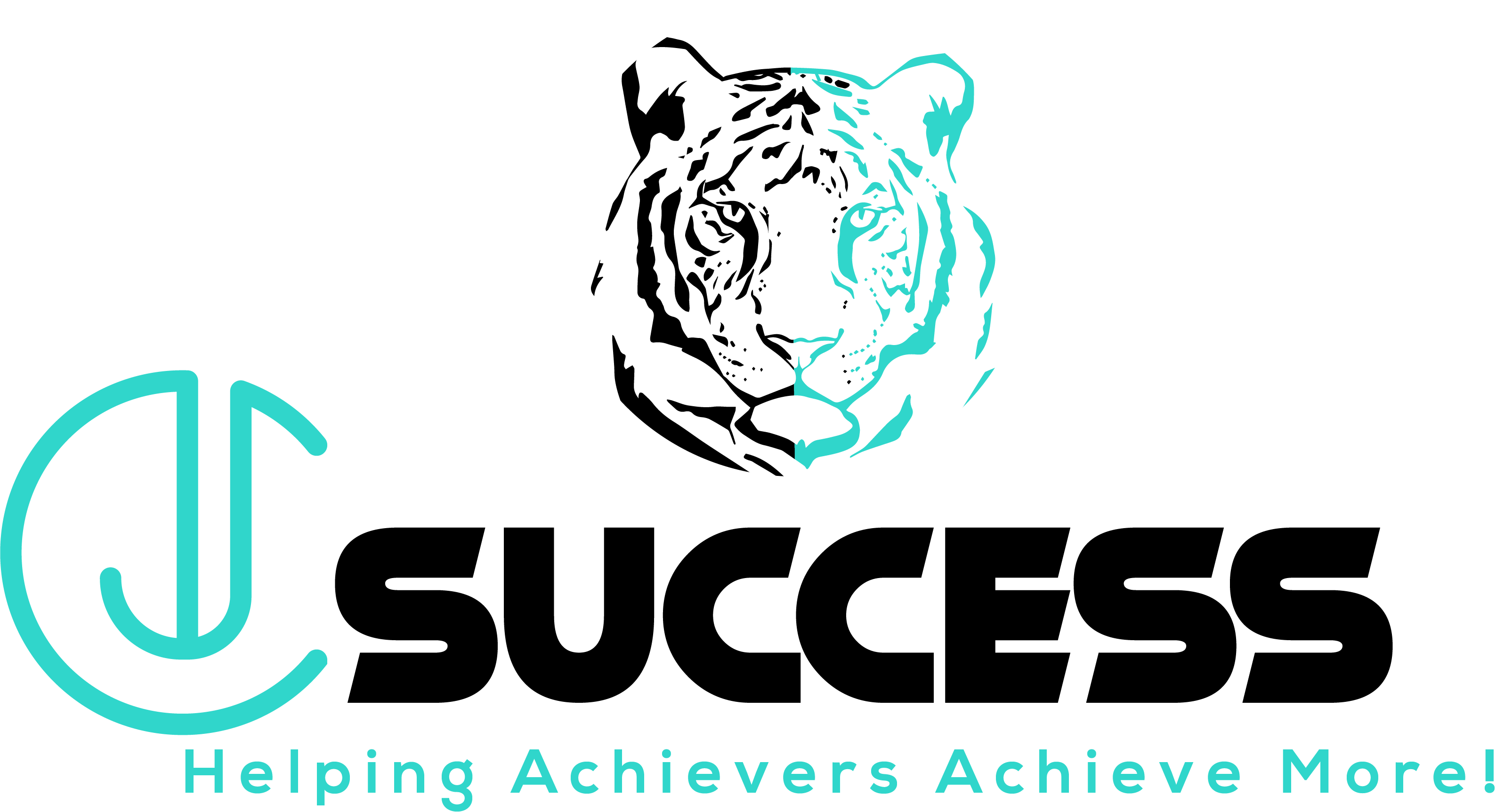0
+
Add your comment
UPCOMING EVENTS

Introduction to Emotional Intelligence: Your Delivery System
Dave Linn
August 29, 2023
by Dave Linn - The Gratitude Dude
For a quarter century now, Emotional Intelligence (EQ) has been a far greater predictor of successful leaders than IQ. Of course, your intelligence plays a role in success, but according to a study by the Center for Creative Leadership, IQ only contributes 4-10% toward a leader’s success while EQ contributes as much as 85-90%. So what exactly is Emotional Intelligence and why is it so important to successful leadership?
While Emotional Intelligence can be defined in several ways, I like to use a definition provided by my mentor in the field of EQ, Dr. Tim Clark. I love it because it cuts away all the scientific jargon. Here it is: Emotional Intelligence is the ability to interact effectively with other human beings. It’s a simple definition that encompasses so much. To be a good friend, a good partner, a good leader, a good client, essentially to be good at anything that involves other people, you need to be able to interact well with them. You have intellect and skills and thoughts and ideas but you need to be able to effectively deliver those things to others, and your delivery system is your EQ. Daniel Goleman, whose book Emotional Intelligence put EQ on the map for those outside of academia, says: If your emotional abilities aren’t in hand, if you don’t have self-awareness, if you are not able to manage your distressing emotions, if you can’t have empathy and effective relationships, then no matter how smart you are, you are not going to get very far.
EQ breaks down into three areas:
What you Believe about yourself and about others
What you Know about yourself and about others
What you Do; how you behave with yourself and with others
A full analysis of an individual’s EQ includes 30 different dimensions; people are complicated! There are 15 dimensions that make up your Internal Competencies-- what you believe, know and do in relation to your own emotions (for example: motivation, introspection and impulse control) and 15 dimensions that make up your External Competencies-- what you believe, know and do in relation to others (for example: empathy, listening and questioning, and conflict management).
One important aspect of EQ that is critical for leaders is the fact that it is not a fixed trait. It’s something that you can get better at. It takes time and effort, but you can substantially increase your EQ if you have the will to do so. When we measure EQ, our goal is to get a baseline of how well you are doing in all 30 dimensions and then to hone in on the areas that are holding you back from success or putting you at risk for personal and/or professional failure.
Over the next few installments, we will dive deeper into the various dimensions of EQ, discuss their individual importance, and provide strategies for how to increase your EQ in each dimension. In the meantime, if you want to “feel” what we’re talking about when we say someone has high EQ, try this:
Think about the last time you had an encounter with someone and you didn’t get the result that you wanted, but you still liked and respected the person. This could be an encounter with a customer service representative, a discussion with your boss, or a disagreement with your friend. If you think about why you still liked and respected the person even when you “lost,” it’s likely that it is because they had high EQ-- they managed their own emotions well (they didn’t get overly heated, angry or abusive) and they managed their interaction with you well (they listened to you, they were patient, they understood that this was important to you, and they understood that you might get hurt or upset and you knew that this was important to them). Now you know why people want to have personal and professional relationships with people who have high EQ. I’m looking forward to sharing and learning together as we all increase our EQ and become next-level leaders.
SPECIAL OFFER: If you are interested in having your full EQ measured by the most comprehensive EQ instrument available, along with a one-hour one-on-one coaching session to analyze your results and plan for growth, JSuccess subscribers can do so at the discounted rate of $650.00 (includes one year of access to retest two dimensions per quarter in order to measure growth). Email dave@congruense.com and mention JSuccess to get started.
We’d love to hear from you!
If you have any thoughts, takeaways, questions, or comments, please share them with us and we’ll do what we can to have the expert address your message in next month’s edition! As an added bonus, if you’re a paid member, you can share your company name and your position, and the expert will include that when addressing your point!
🎁 And if you submit feedback for 3 consecutive months, this expert will reward your engagement with 10% off first engagement!


